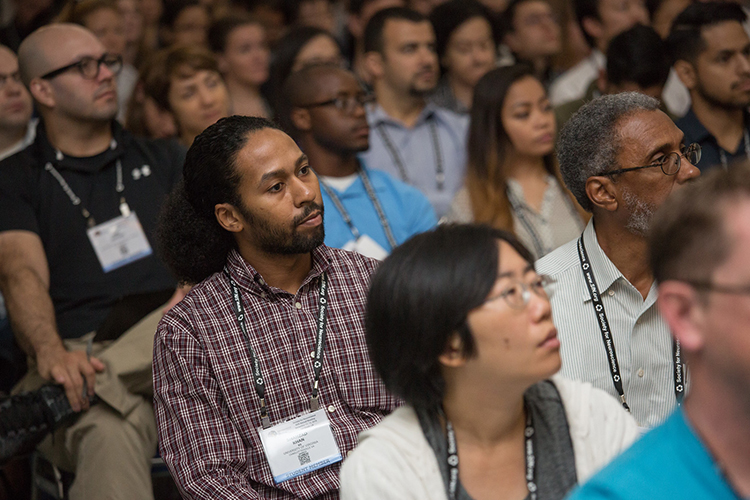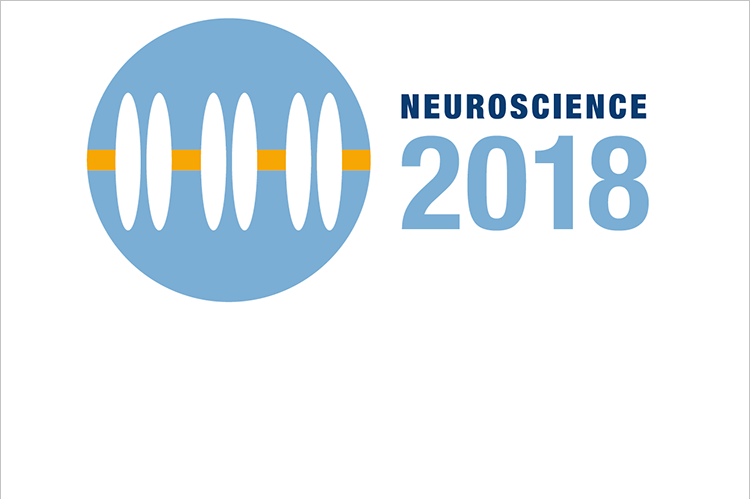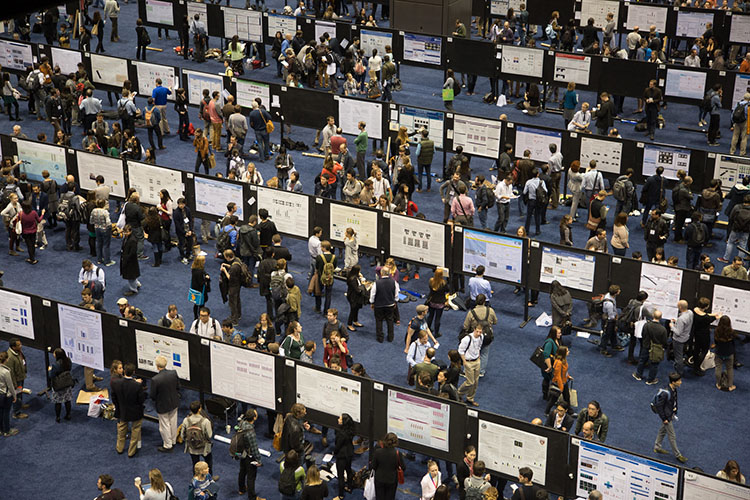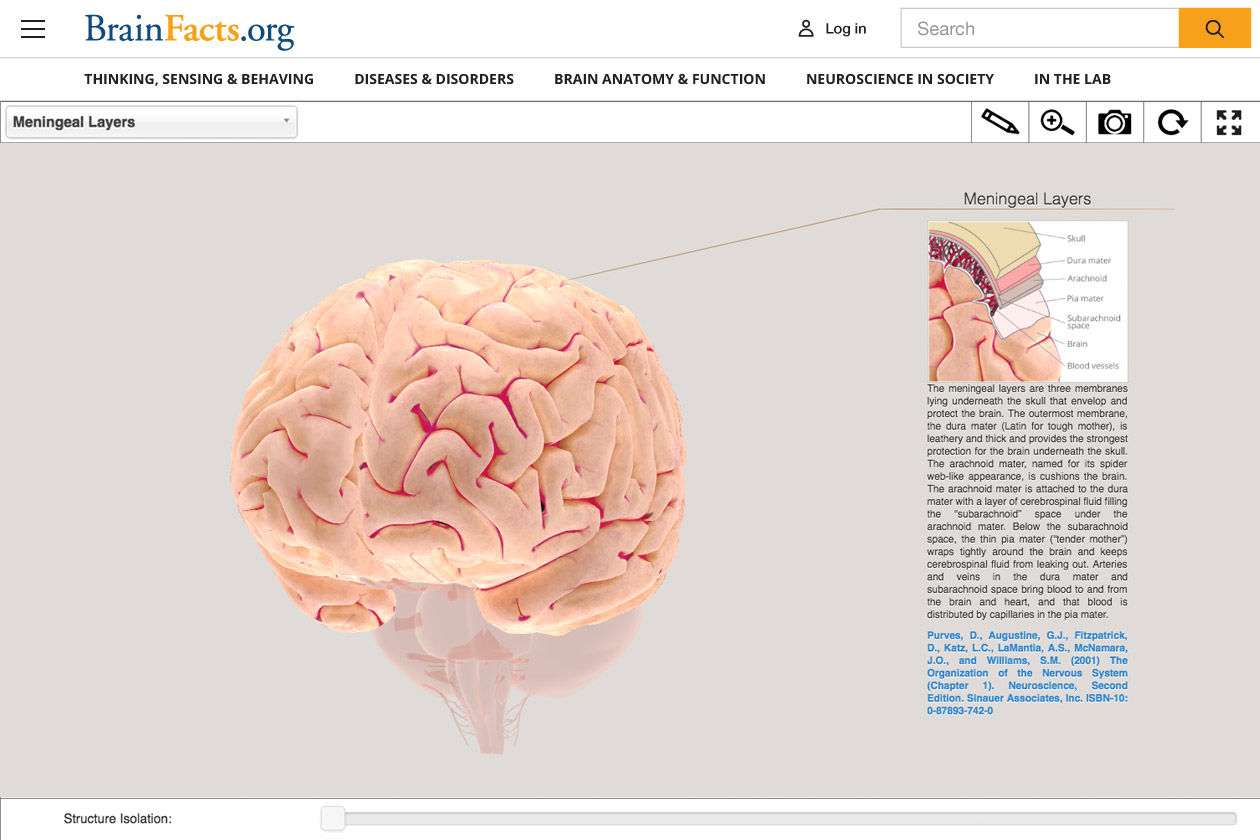-
Nov 11, 2017News from SfN, Press ReleaseXiao-Jing Wang, global professor of neural science and co-director of the Swartz Center for Theoretical Neuroscience at New York University, will be honored with the Swartz Prize for Theoretical and Computational Neuroscience. Supported by The Swartz Foundation, the $25,000 prize is presented to an individual who has made a cumulative contribution to theoretical models or computational methods in neuroscience or who has recently and significantly advanced the field. The award will be presented at Neuroscience 2017, SfN’s annual meeting and the world’s largest source of emerging news about brain science and health.
-
Nov 09, 2017News from SfN, Press ReleaseSubmit a symposium, minisymposium, or Social Issues Roundtable for Neuroscience 2018 by January 9 »
-
Nov 09, 2017News from SfN, Press ReleaseMark your calendars for SfN's 48th annual meeting, November 3-7 in San Diego, CA.
-
Nov 08, 2017News from SfN, Press ReleaseSfN pledges to provide up to $100,000 in storm-related relief for the neuroscience community.
-
Nov 06, 2017Press Release, News from SfNA thyroid hormone transporter is essential for the earliest stages of brain development, according to a JNeurosci study of a region of the developing chicken brain with a layered structure similar to the human cerebral cortex.
-
Nov 06, 2017Press Release, News from SfN
A study of two related species of fruit fly published in JNeurosci reveals that a gene known to regulate behavior for attracting a mate in one species gives rise to unique wooing techniques observed in the other species.
-
Nov 06, 2017Press Release, News from SfN
The neural underpinnings of the decoy effect — a marketing strategy in which one of three presented options is unlikely to be chosen but may influence how an individual decides between the other two options — are investigated in new neuroeconomic research published in JNeurosci using neuroimaging and brain stimulation.
-
Nov 06, 2017Press Release, News from SfNTens of thousands of neuroscience researchers, clinicians, and advocates from around the world will gather in Washington, DC, November 11-15, for Neuroscience 2017, to share their latest research about the brain, the most complex organ in the human body.
-
Oct 30, 2017Press Release, News from SfNIt’s a new era for BrainFacts.org. Relaunching today with an interactive brain model and a suite of new multimedia features, BrainFacts.org encourages the exploration and discovery of neuroscience.
-
Oct 30, 2017News from SfN, Press ReleaseRelaunching with an interactive brain model and a suite of new multimedia features, BrainFacts.org encourages the exploration and discovery of neuroscience.
Quick Links
Copyright ©
Society for Neuroscience

























